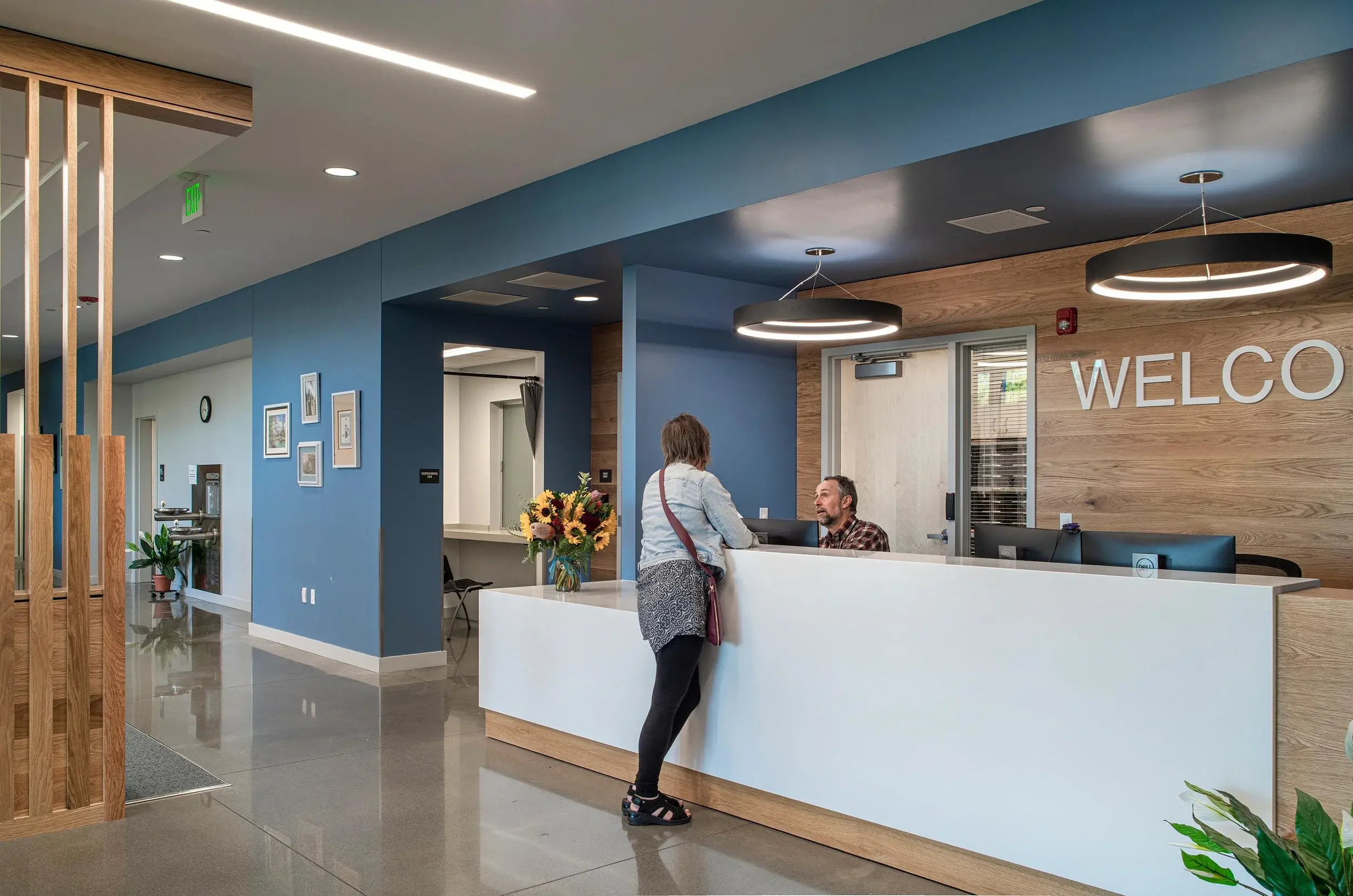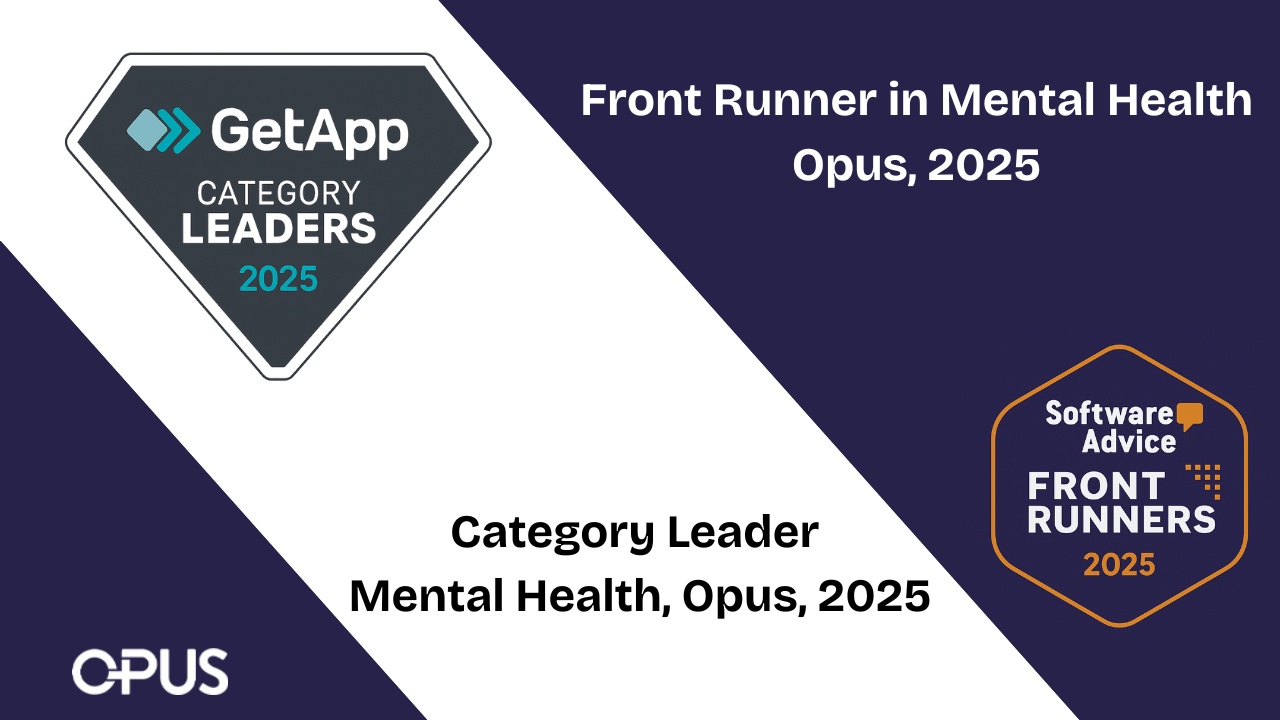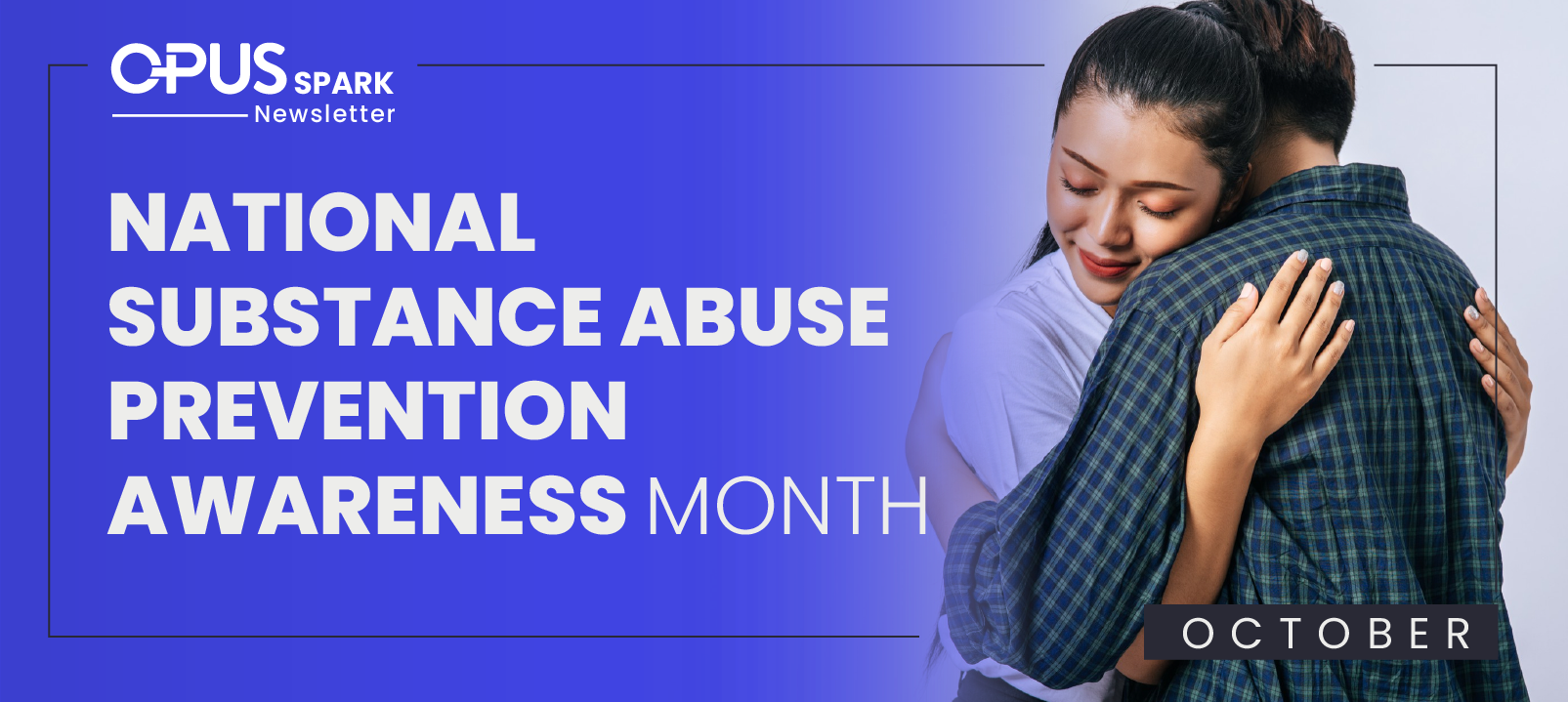Hiding Behind a Mask - Are We Creating a Generation of Agoraphobes?
With the advent of telehealth, remote work and school, online shopping, and grocery delivery, why would we ever go outside again? While some of us are longing for things to return to the way they once were, others are settling into this new normal – for better or for worse. While some states have loosened their restrictions, others continue to enforce the mask mandate and social distancing.
These mandates are of course in place to protect us, but what are the consequences on mental health?
According to U.S. Census Bureau data collected from 1.5 million U.S. adults who participated in the Household Pulse Survey which quantified the social and economic effects of the coronavirus, 41.5 percent reported symptoms of anxiety or depression.
With many returning to the office for the first time in months, social anxiety may be at an all time high. Have we forgotten how to interact with human beings?
As a clinician, I’ve heard many patients express their concerns – so many fears, so many unknowns. Some worrying about getting COVID. Some worrying about their family getting COVID. Some worrying about the long-term side-effects of COVID, or if they will even survive the virus. Some worrying about the efficacy of the vaccine. Some worrying about the vaccine side-effects. Some worrying about going out where social distancing isn’t enforced.
The news is not comforting, and worry is this year’s latest accessory. Many have suffered and many have lost – jobs, loved ones, graduations, and weddings. Although many of these fears are rational, what do we do when fear and anxiety caused by the pandemic warrants a new ICD-10 code?
- How can we empower patients that suffer from generalized anxiety disorder, panic attacks, and agoraphobia at baseline, to overcome heightened levels of symptoms due to the current state of the world?
- How can we help them overcome the phobias brought about by the COVID19 virus?
Accelerating Your Patient Electronic Health Records Performance
Some electronic health records are requiring vital signs to be entered at each visit to unlock a clinician’s capability to e-prescribe a patient’s medication. This means that without an in-person appointment, patients can’t get refills on their psychiatric medications. This serves as an encouragement to have them return to the office for appointments that were previously allowed to be conducted virtually.
With so many technological advances and such a high reliance on social media, socialization in 2021 is hard enough without a global pandemic. Covering a portion of our face with a protective mask may make it even more challenging to connect with our patients that don’t get to see our full facial expressions. It is easy to hide behind a mask or blame lack of human connection on the need to socially distance.
Clinical Reflection
While social distancing is necessary and important in helping overcome the virus, is it making behavioral health clinicians lose sight of patient’s that may be struggling more than ever with their mental health?
Here are 6 questions to consider:
- Has your clinical team seen an increase in anxiety disorders, or an increase in patient’s experience panic attacks?
- How has your practice managed the transition back to in-person care or are you still allowing virtual appointments?
- What strategies do you use in your treatment plan for patient’s having a hard time overcoming the mental health challenges associated with living in the time of a global pandemic?
- What long term effects do you anticipate pediatric patients will face in their developmental milestones and socialization?
- How are you overcoming the physical barriers associated with COVID19 to make a real connection with your patients?
- How are you monitoring and encouraging patients at a high risk for depression, suicidal ideation and anxiety that may have slipped into the comforts of this anti-social world?
The Challenge of Getting Back to Normal Life
For the last 18 months, the pandemic has been making us fearful and phobic. According to experts, we can’t just flip a switch and go back to normal. Instead, we need to take a methodical approach to returning to the office and getting back to our regular rhythm, like an athlete coming back from an injury. It takes time to heal, so we can expect the return to new normal to be even harder for our patients.
Our experience is further proof that, with the right EHR application, behavioral health clinicians, physicians, psychiatrists, and other practitioners can both improve the bottom line and enhance patient care with customized intake and treatment processes.
To learn more, let’s schedule a time to talk.







